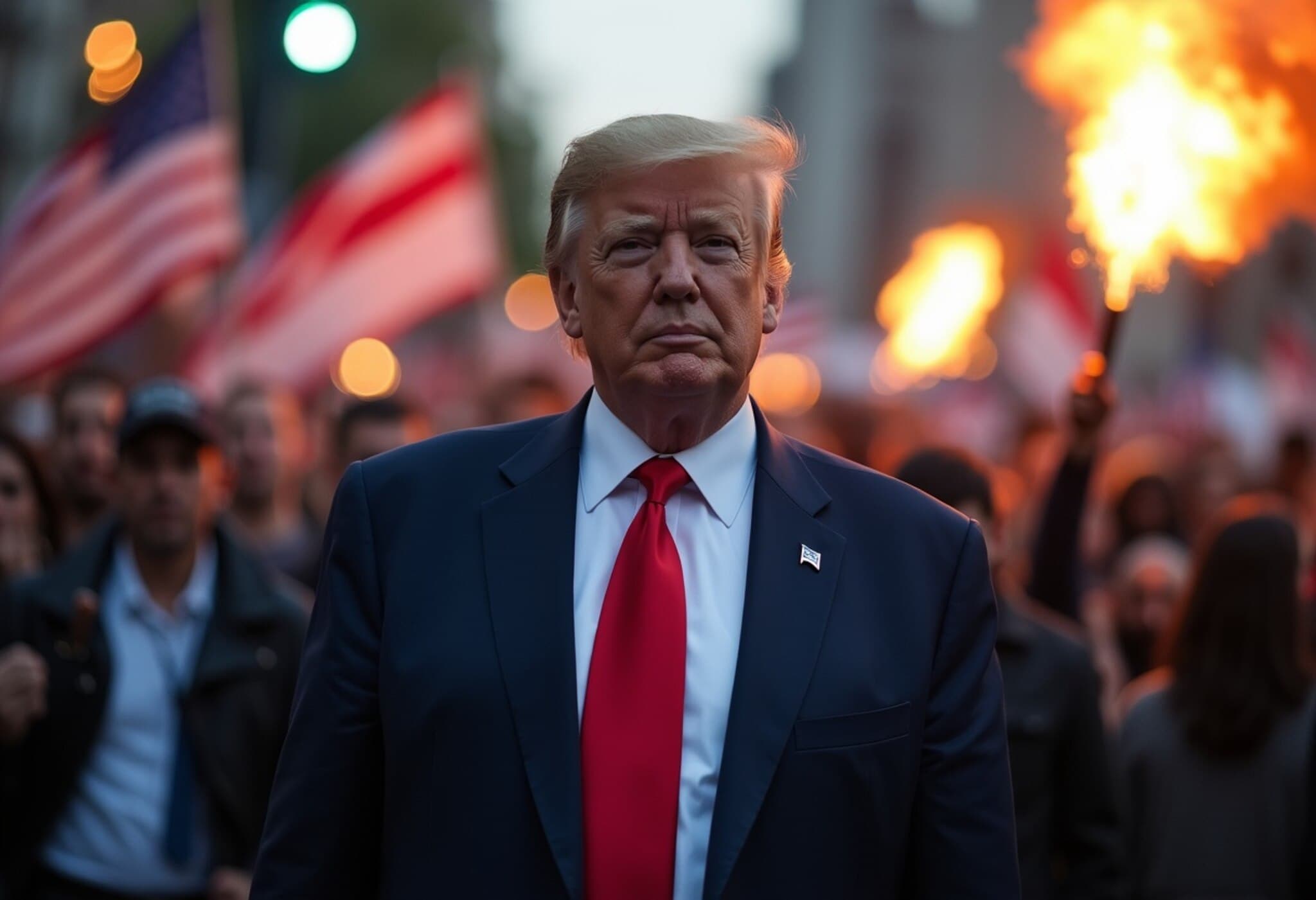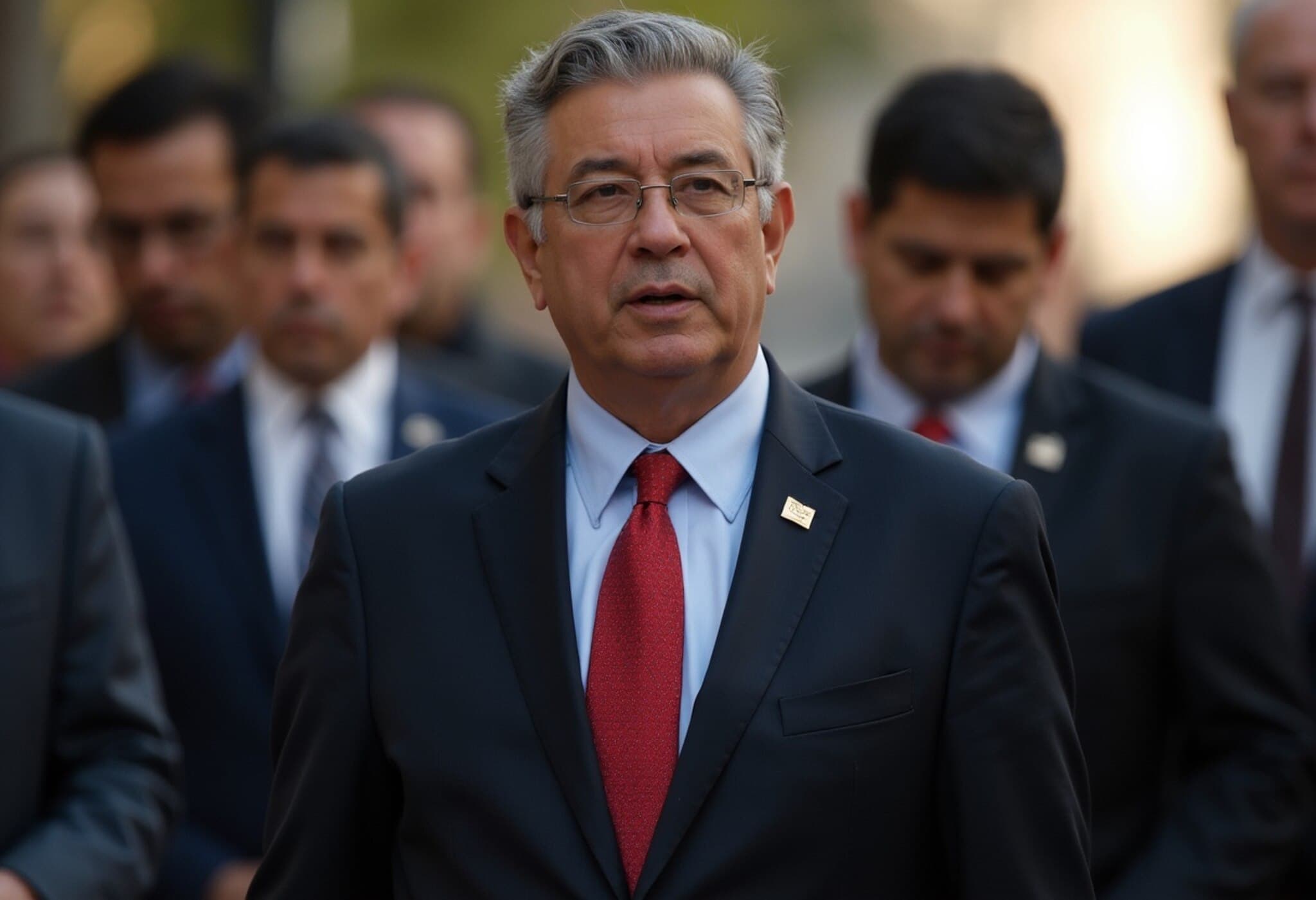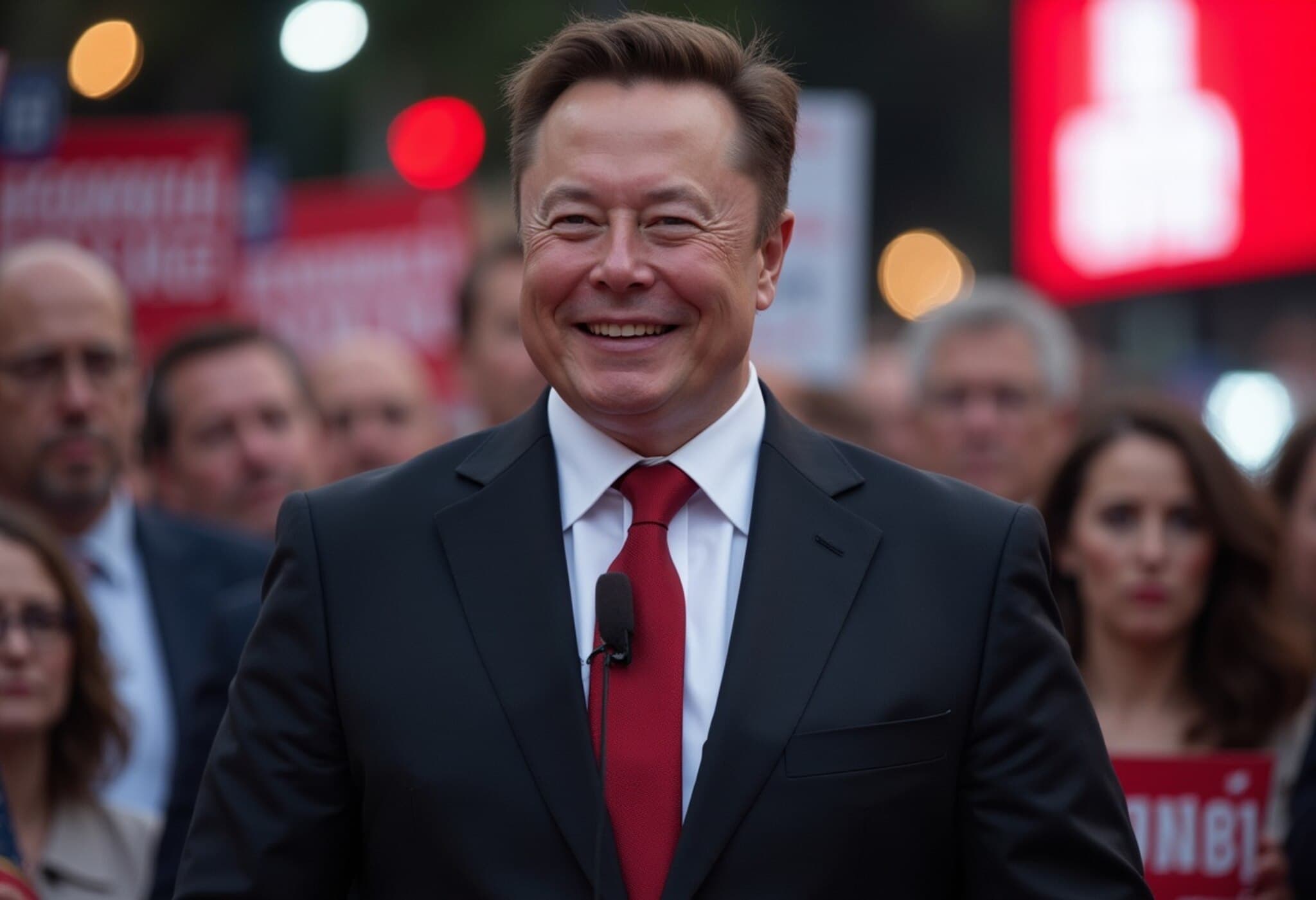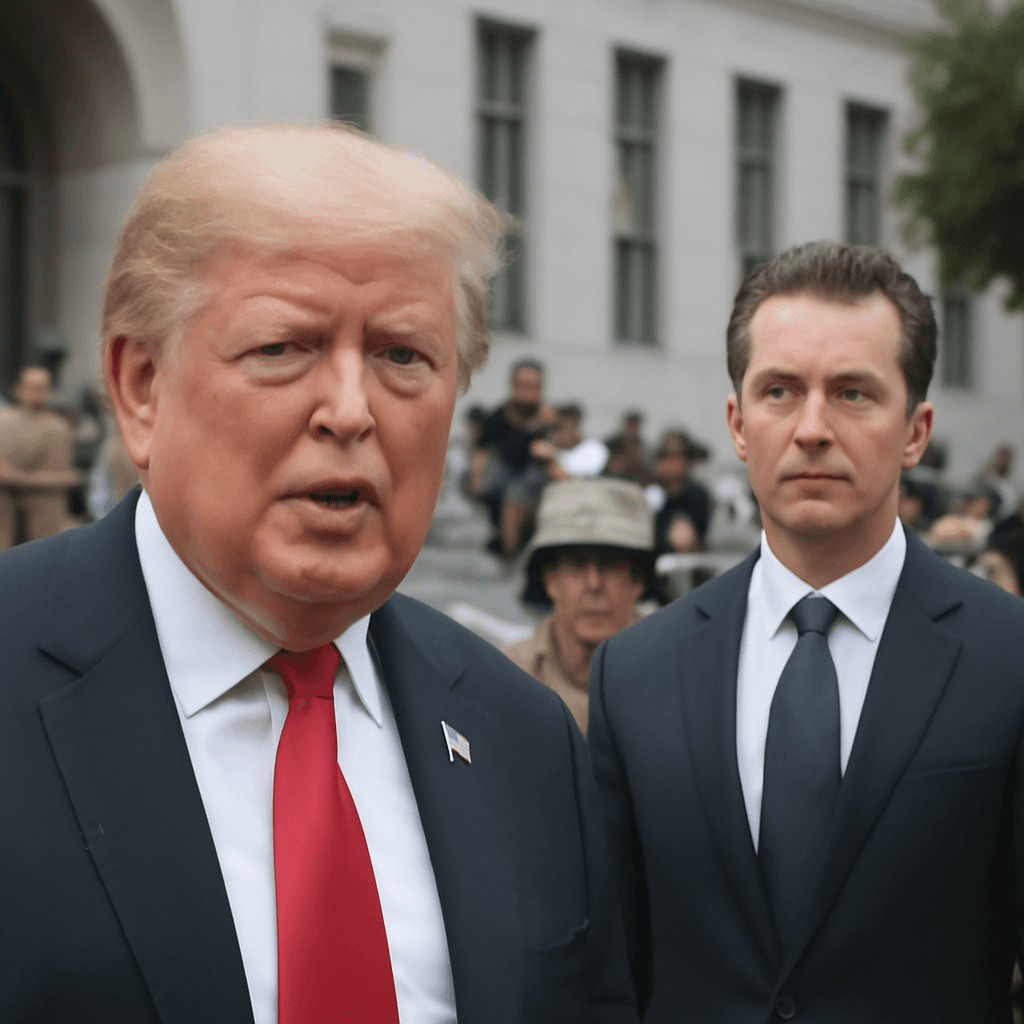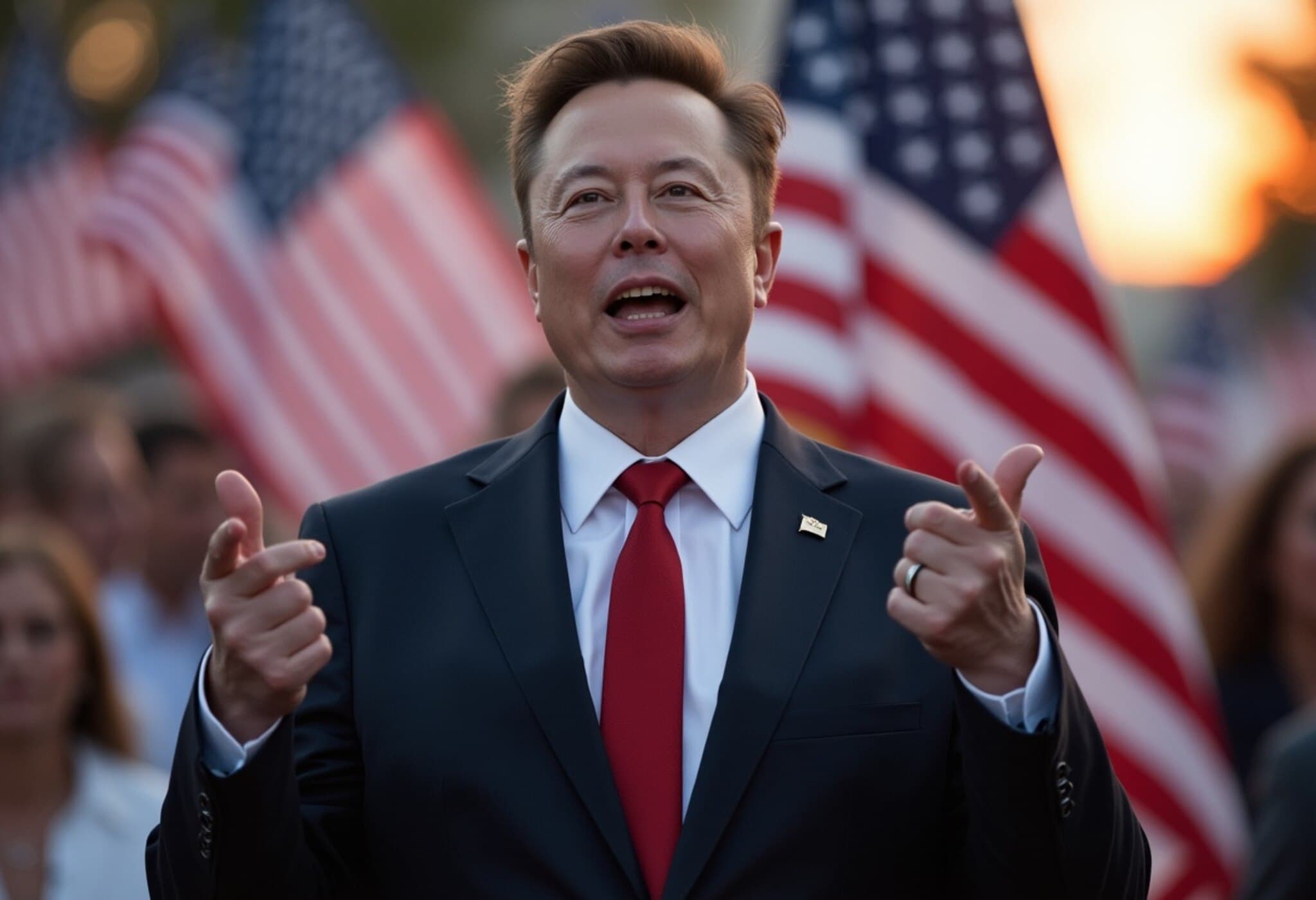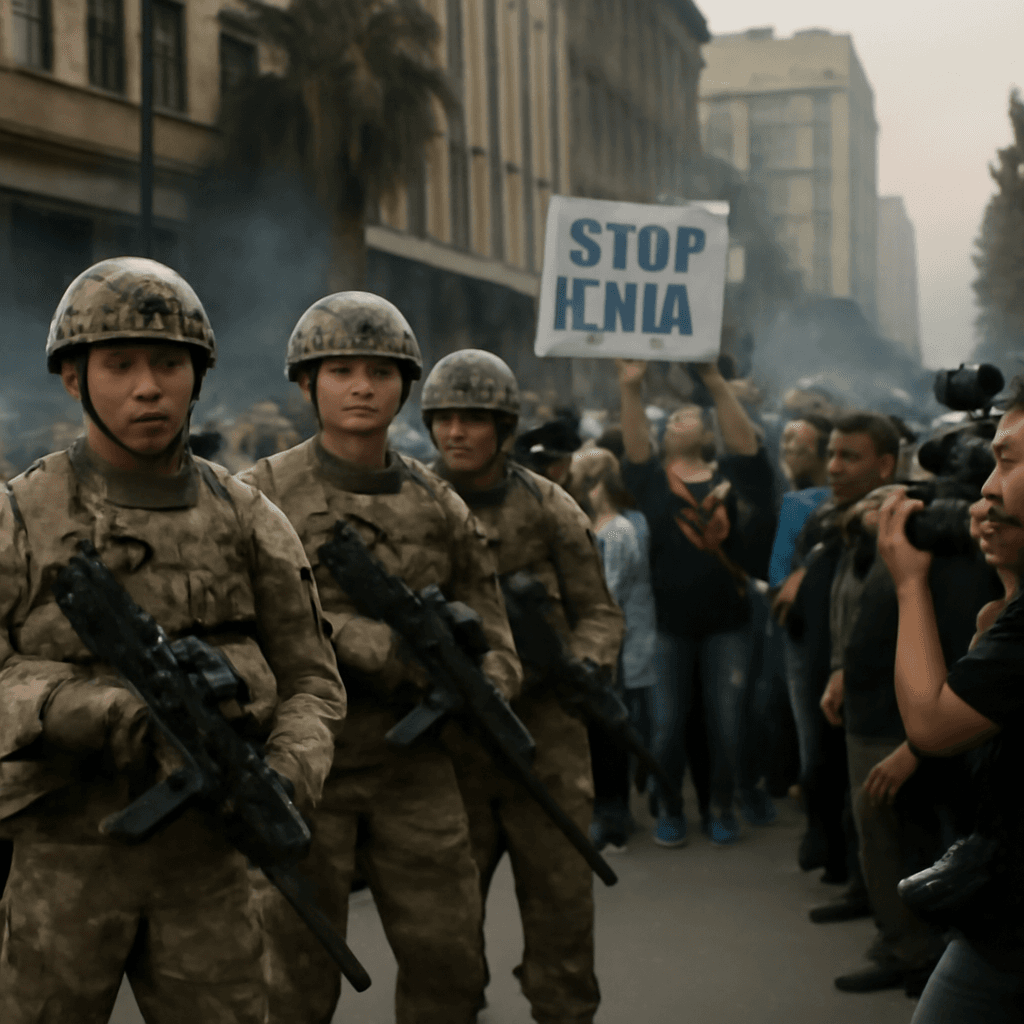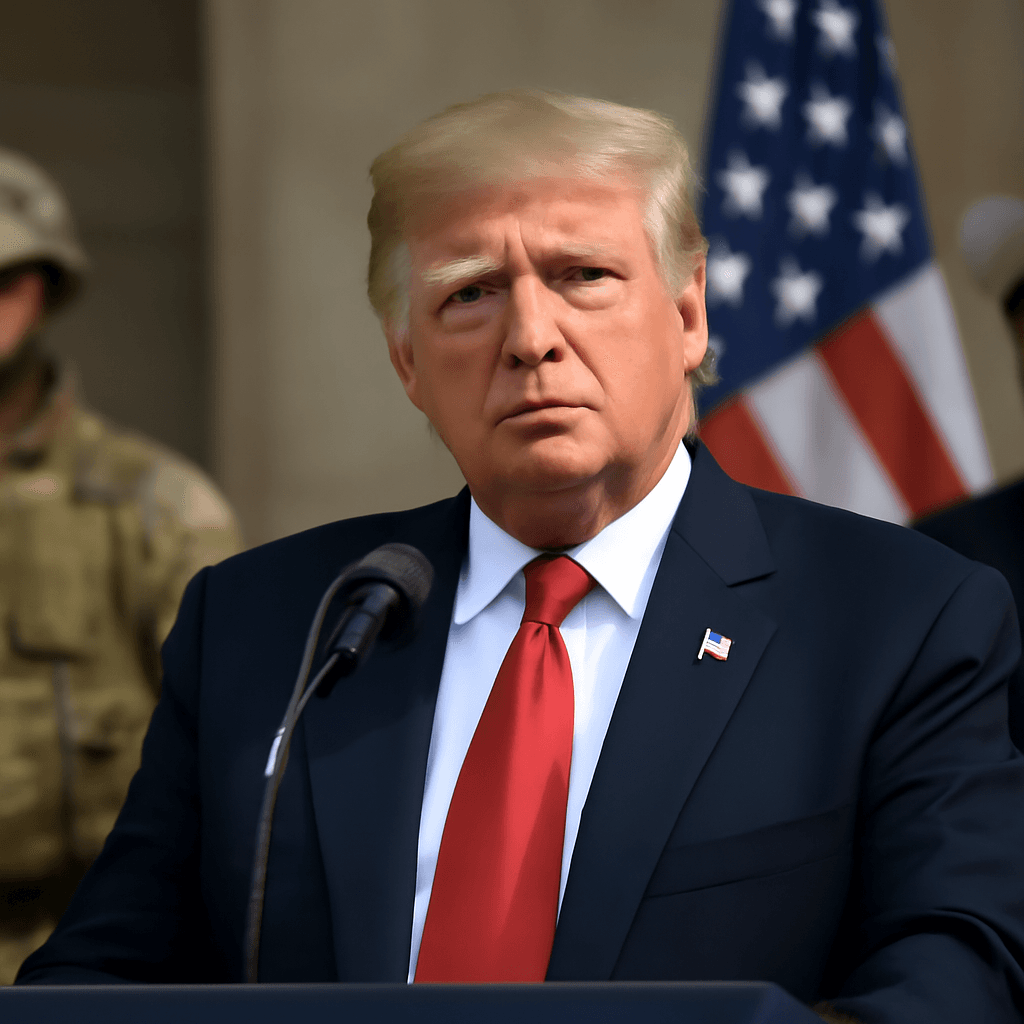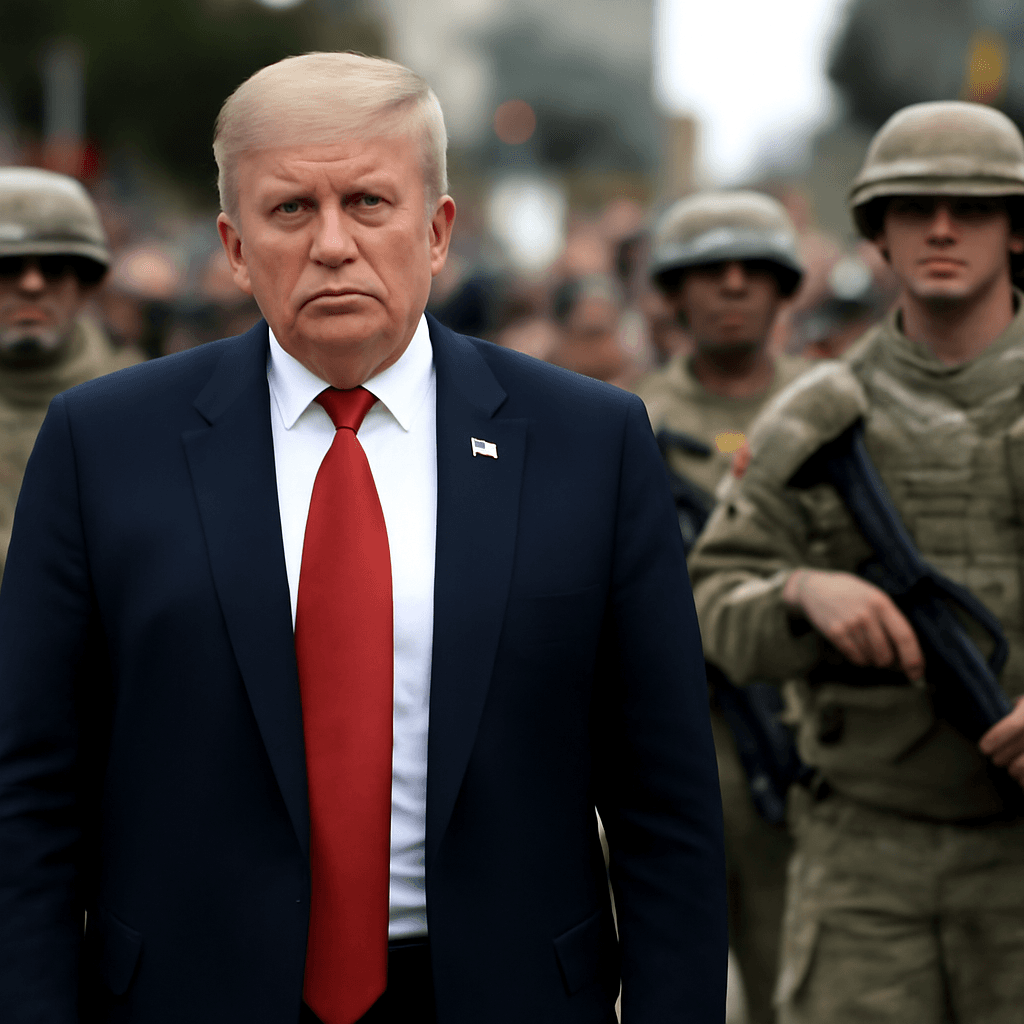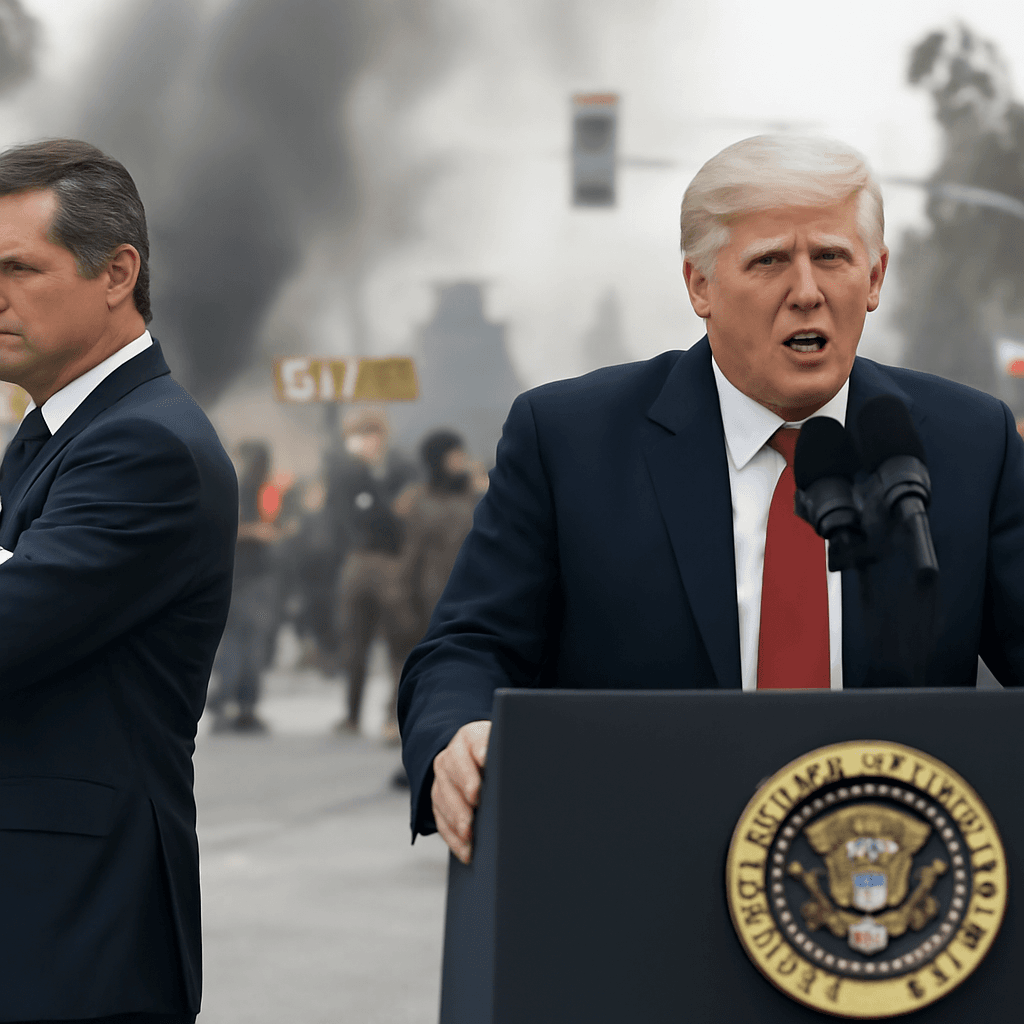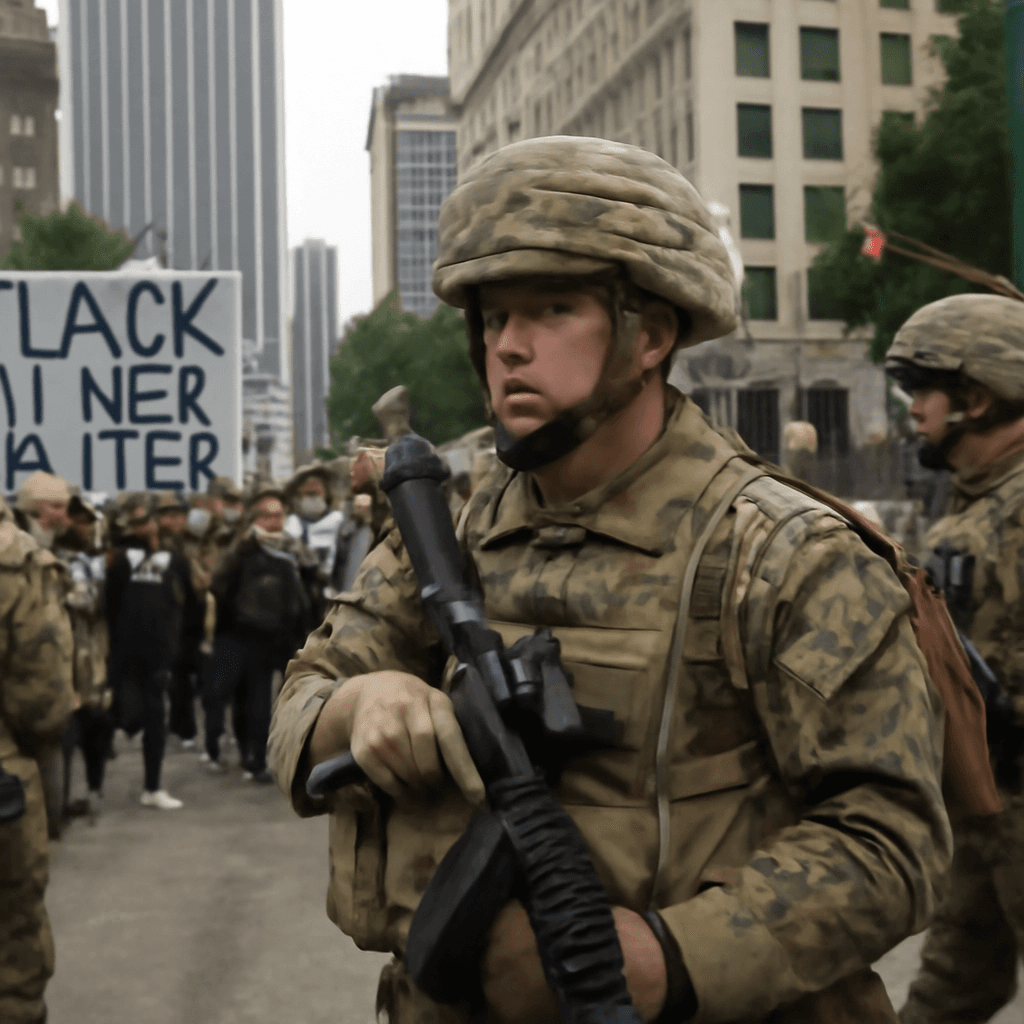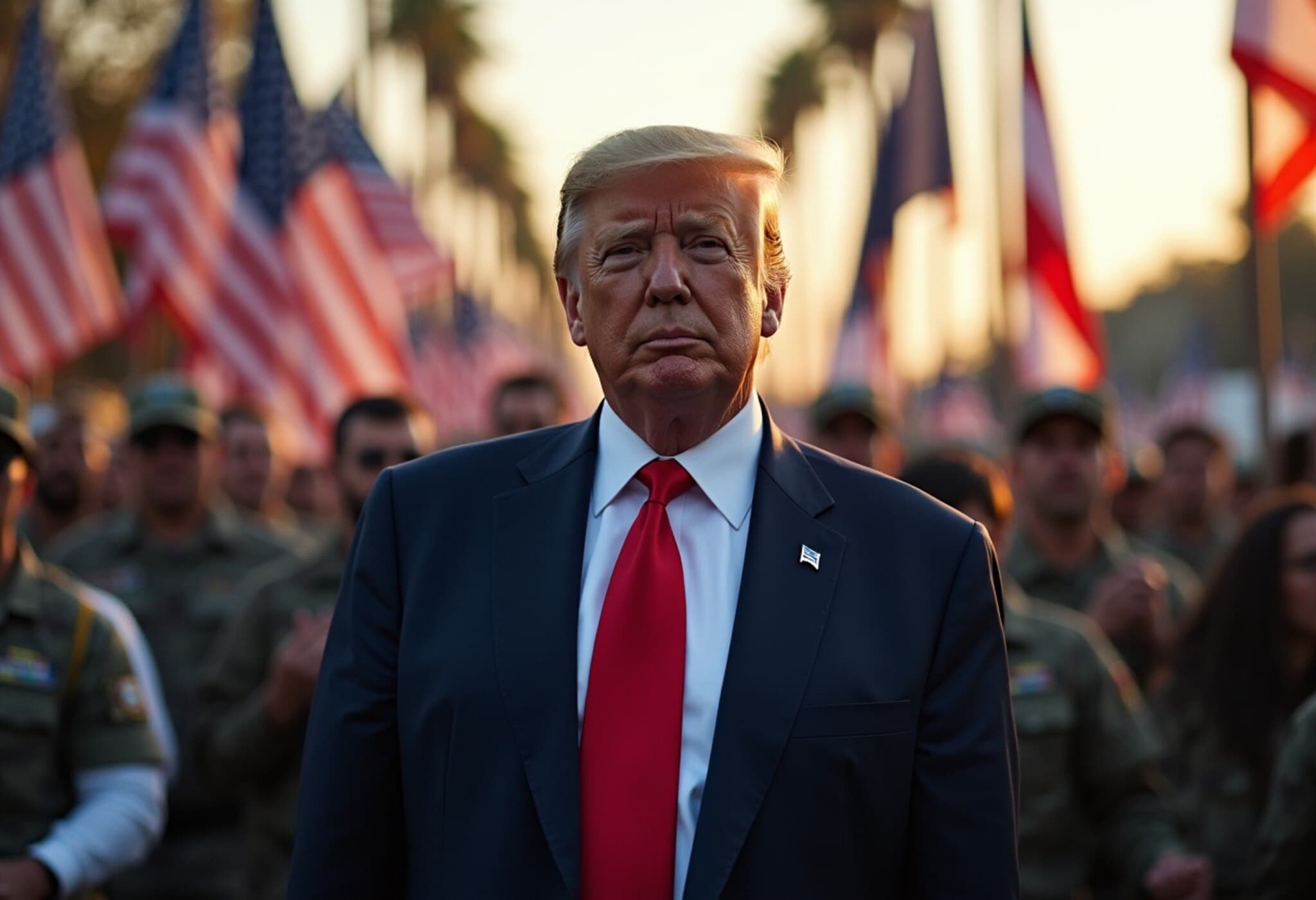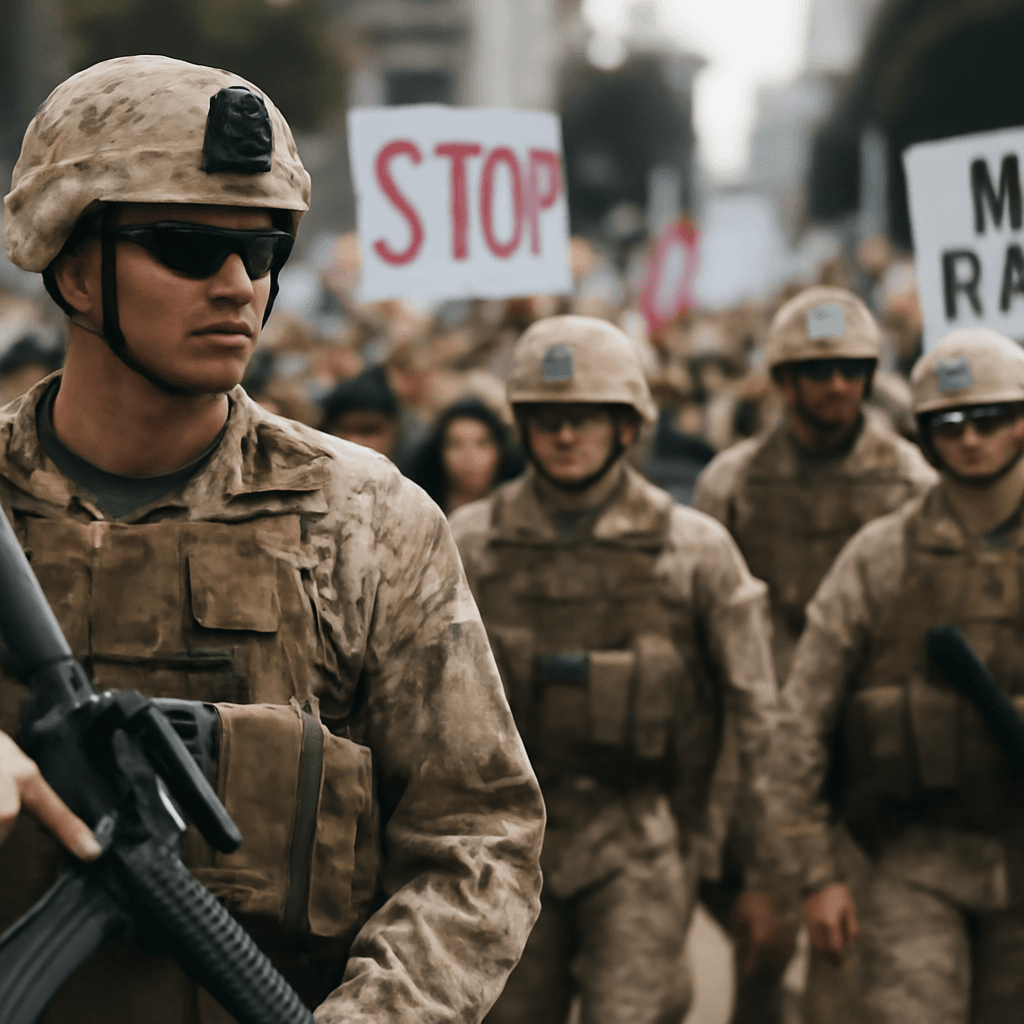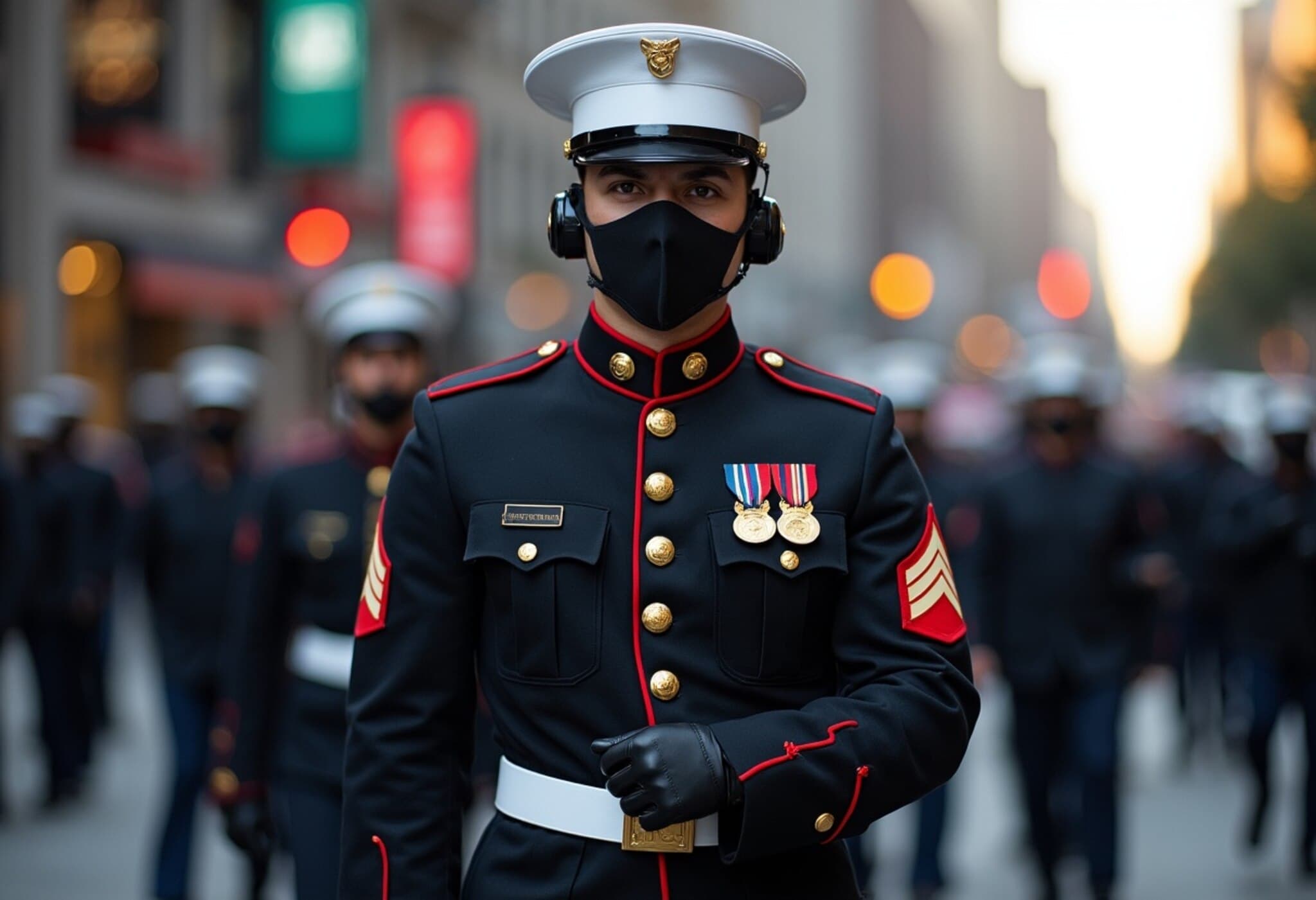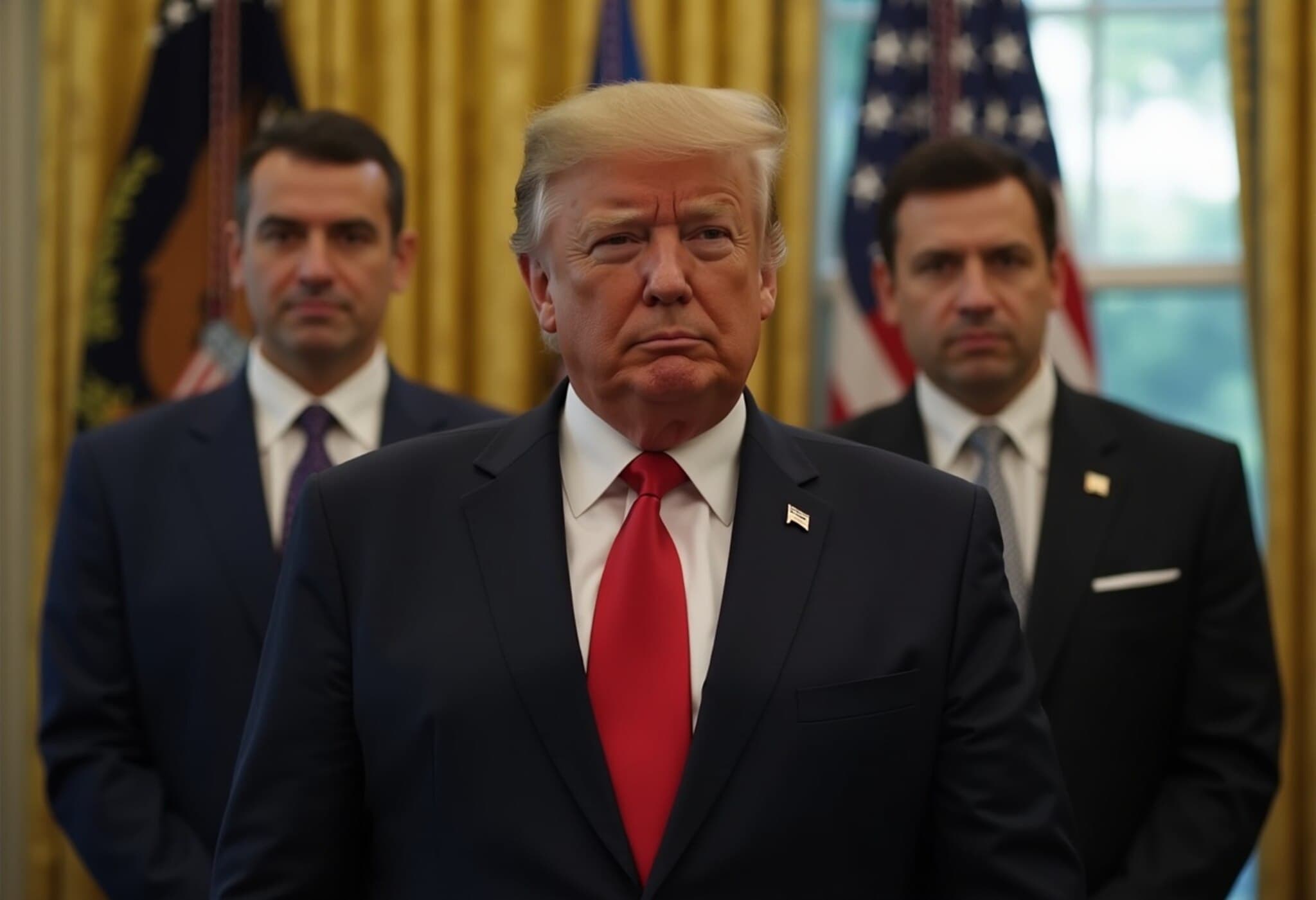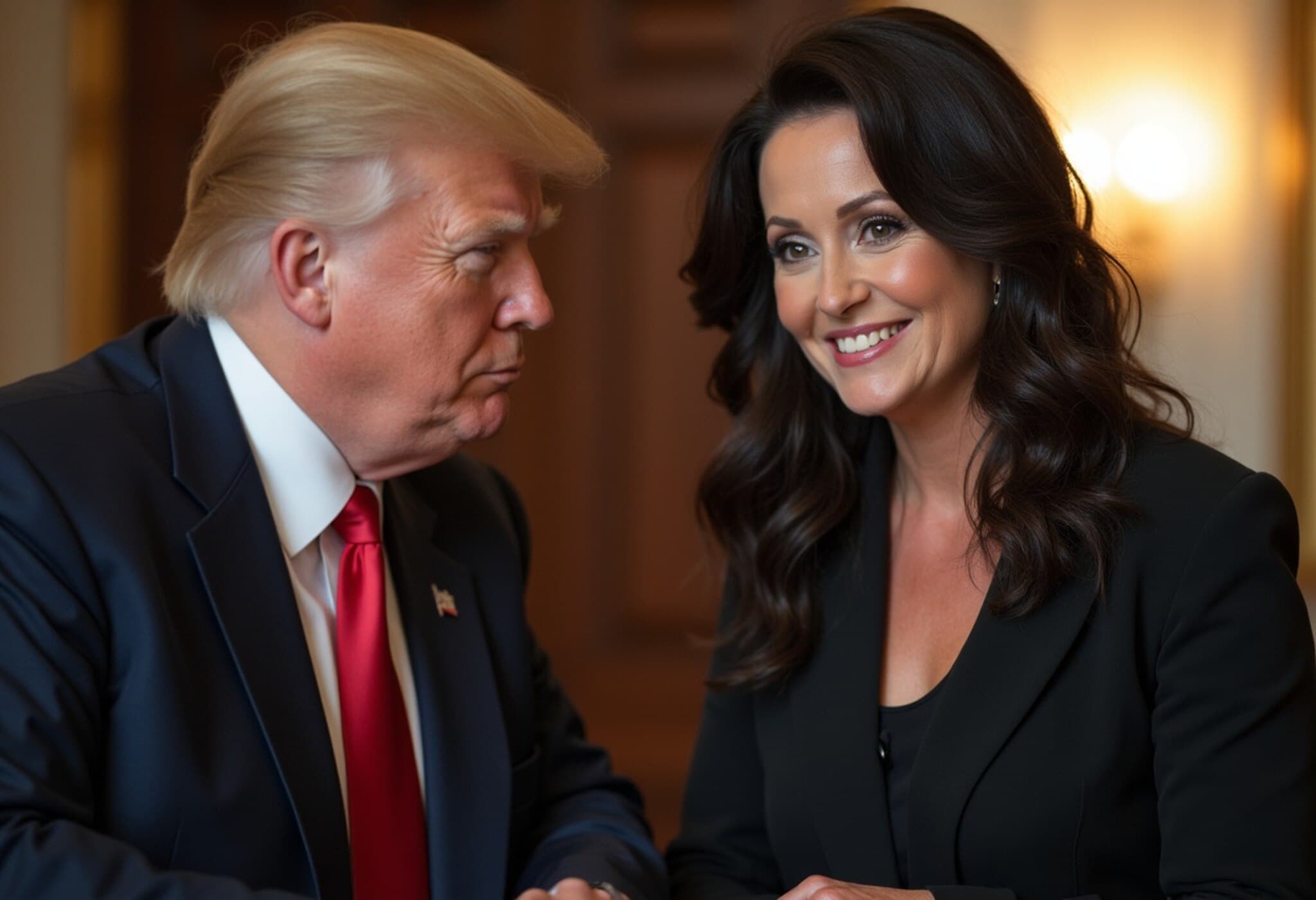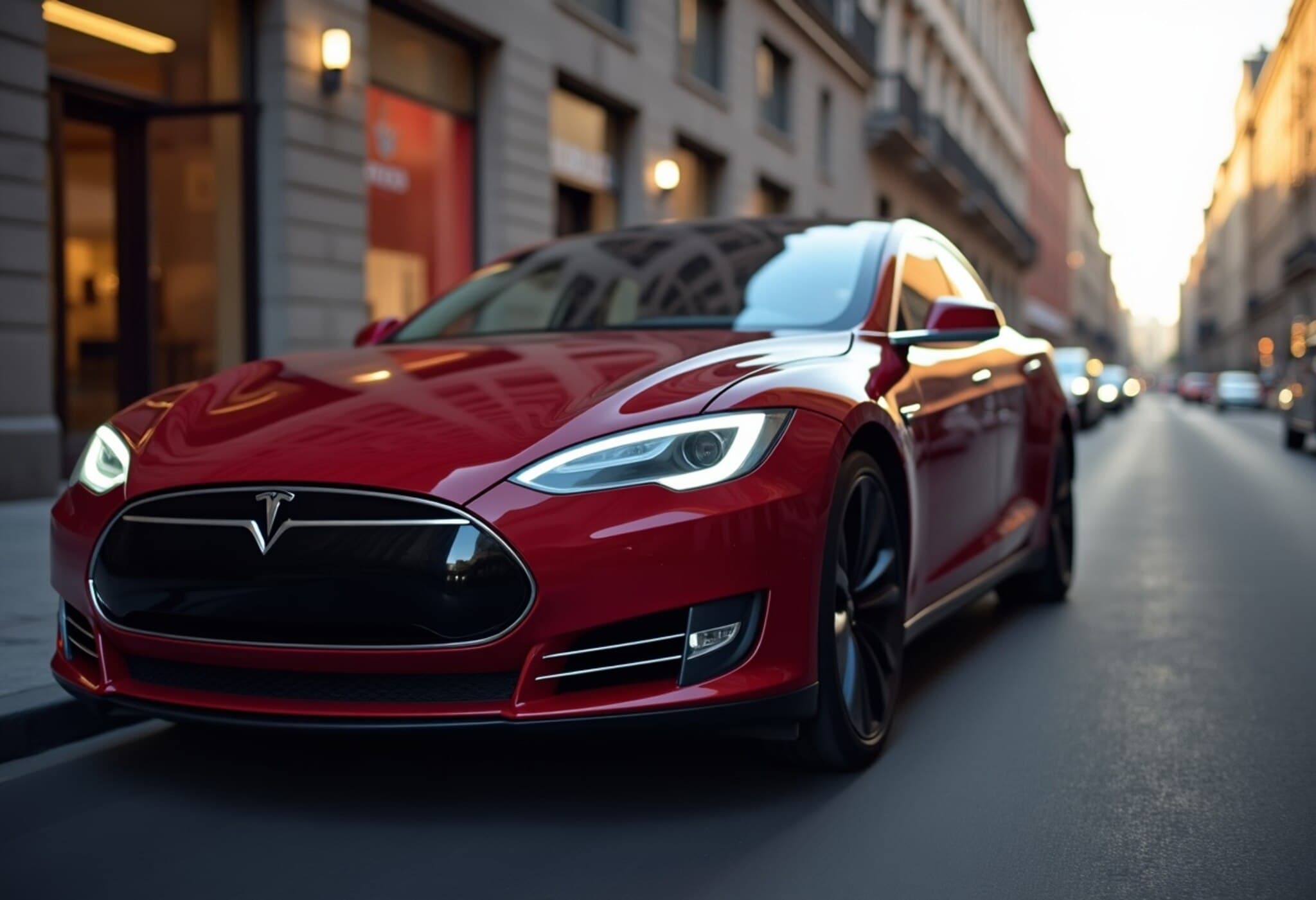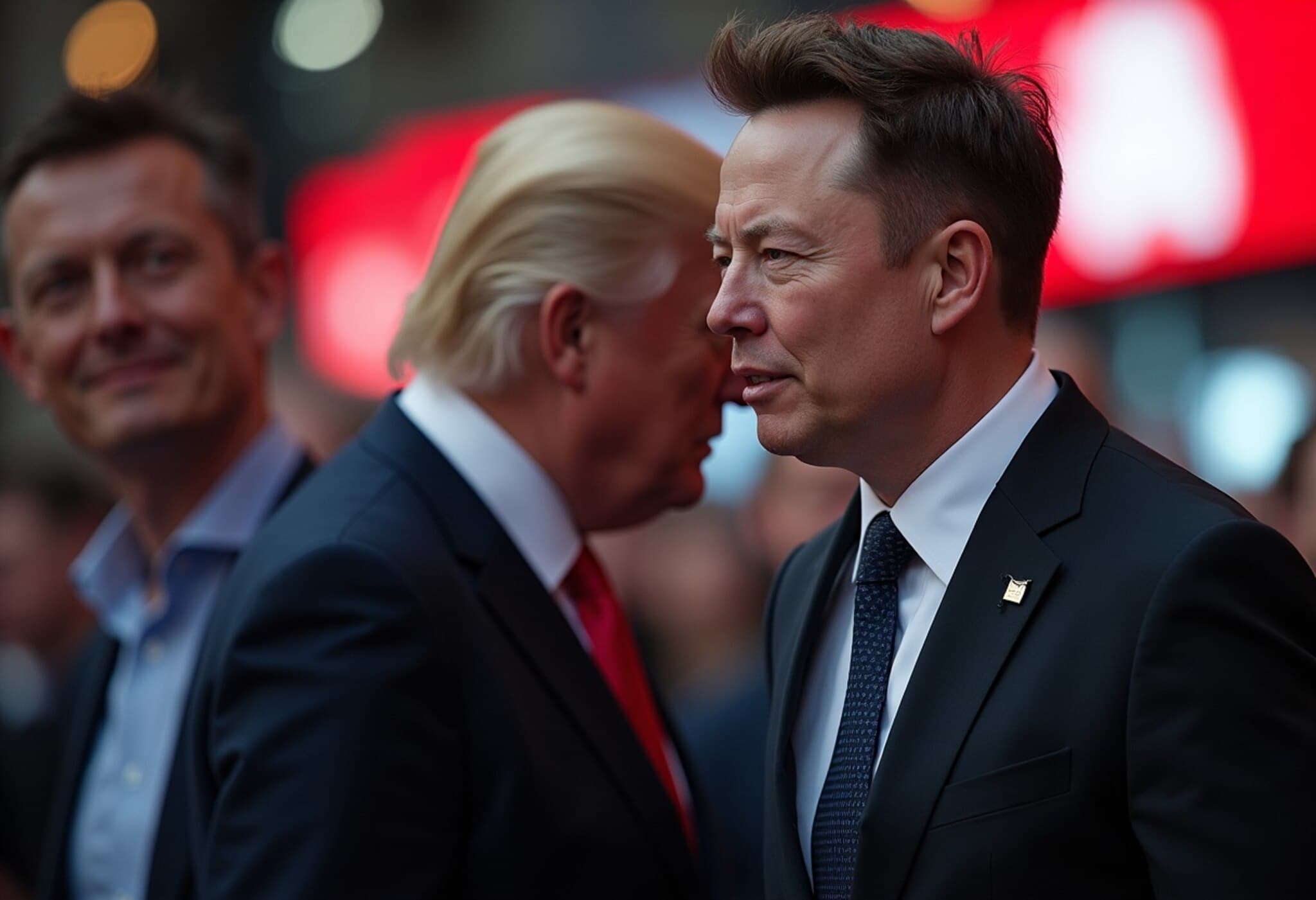Mounting Protests Signal Shifts in Trump's US Standing
Just months into his second term, President Donald Trump is encountering a wave of resistance that threatens to undermine his authority. What began with strong approval ratings and political dominance has evolved into widespread public dissent, notably exemplified by large protests in Los Angeles protesting his immigration policies.
Los Angeles Protests Unfold into National Movement
Over the past several weeks, demonstrations in Los Angeles have escalated from localized protests into a significant movement challenging the president’s agenda. These gatherings oppose federal immigration operations and express growing dissatisfaction with Trump’s leadership style.
The situation escalated when the federal government deployed the National Guard, and subsequently U.S. Marines, to the city in an extraordinary measure rarely seen on American soil. This military presence, intended to secure federal properties and personnel, has instead heightened tensions and raised serious concerns about executive overreach.
Public Reaction and Political Repercussions
Recent polling highlights the depth of American opposition to these developments. Nearly 47% of Americans oppose the deployment of Marines in Los Angeles, according to a YouGov survey, while only 34% support it. Moreover, the same poll shows that 52% disapprove of Trump's broader policy agenda.
California’s Governor has vocally condemned the military mobilization, calling it a "red line" crossed and an abuse of power. His administration is preparing to legally challenge the deployment, emphasizing the need for the protection of democratic checks and balances.
Birthday Parade Amid Growing Unrest
Despite the swelling opposition, Trump is moving forward with plans for a large-scale military parade to celebrate the 250th anniversary of the U.S. Army—coincidentally scheduled for his birthday. Critics argue that the event’s unprecedented scale reflects an alarming conflation of personal celebration with national ceremony, an approach more typical of authoritarian leaders.
Meanwhile, protests have spread beyond Los Angeles to cities including New York, Boston, Chicago, Dallas, and Atlanta, with at least 25 rallies taking place nationwide, signaling a broader public outcry against the administration.
Legal and Constitutional Challenges On the Horizon
Trump’s military deployments have prompted judicial scrutiny. Throughout his term, the president has repeatedly defied court rulings related to immigration policies. The ongoing legal battles surrounding troop deployments raise the possibility of further executive resistance to judicial authority.
U.S. law strictly limits the use of military forces for domestic law enforcement without invoking specific statutes such as the Insurrection Act. To date, the administration has avoided such invocation, claiming the deployments are defensive rather than enforcement-related. Nonetheless, critics warn that this sets a dangerous precedent for undermining the rule of law and destabilizing democratic institutions.
What Lies Ahead?
As the protests gain momentum and legal tensions intensify, President Trump's position appears increasingly vulnerable. The coming weeks will be critical in determining whether his administration can quell dissent while respecting constitutional boundaries, or if the nation faces deeper divisions amid unprecedented domestic military involvement.

